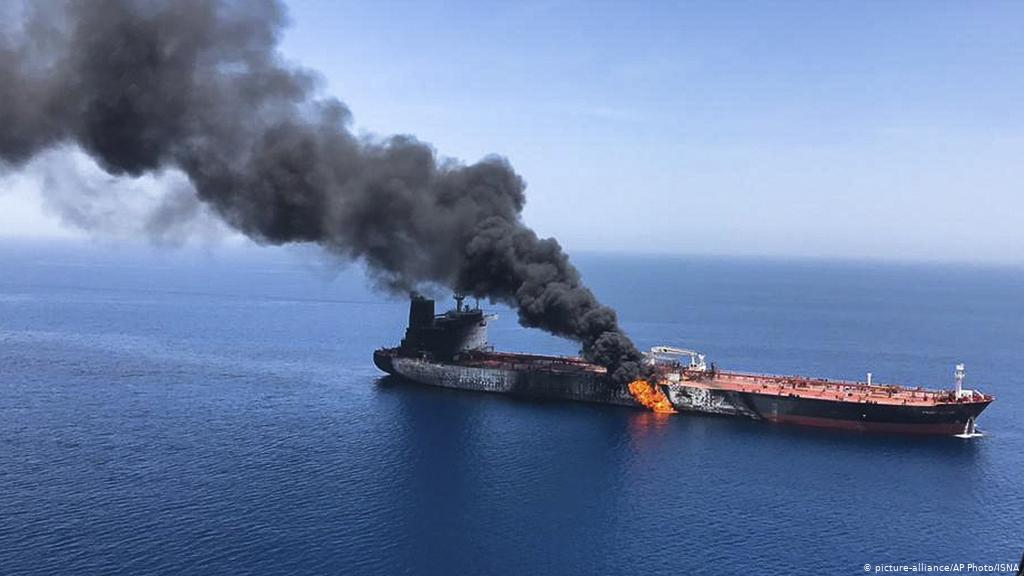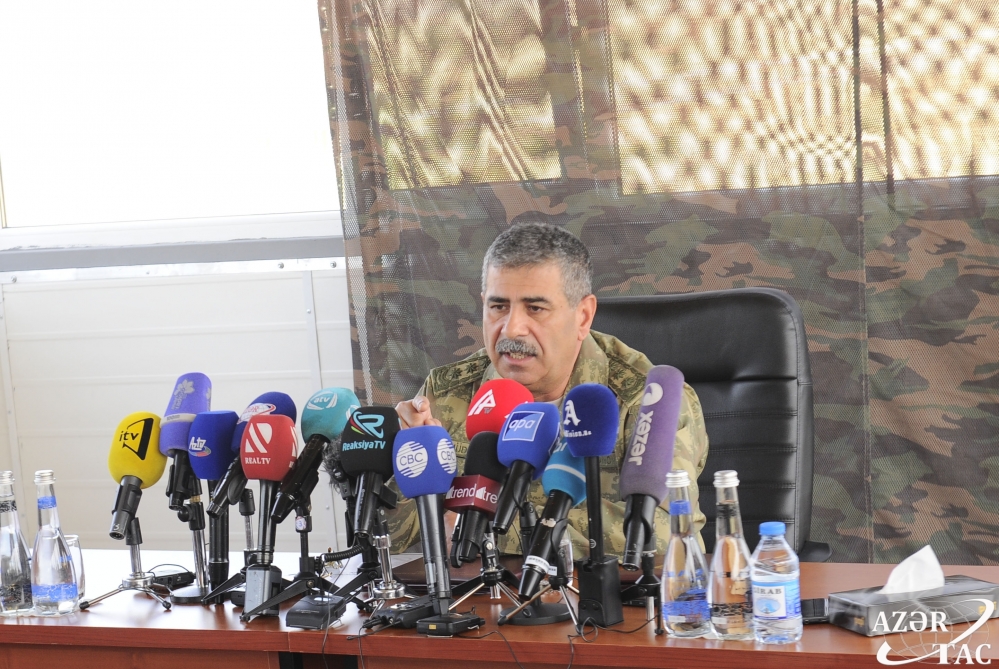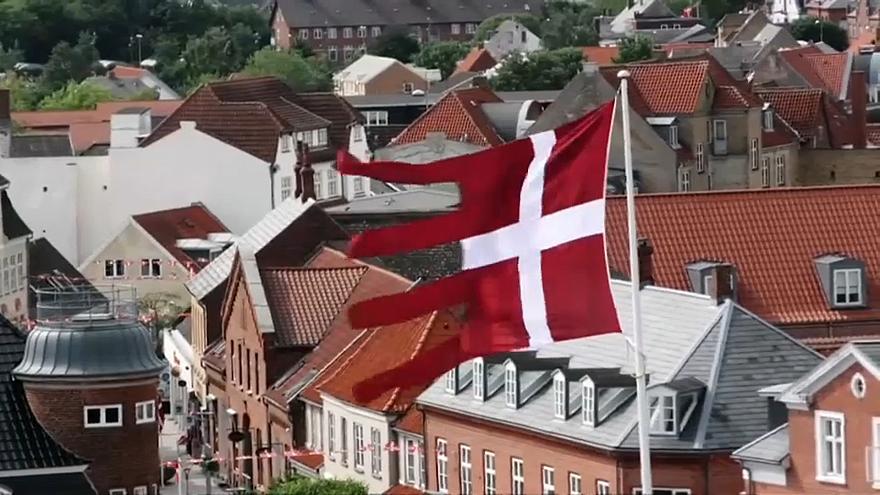Download PDF :


Deutsche Welle (17 June 2019)
European foreign ministers have urged restraint in directing blame over an alleged attack on oil tankers in the Gulf of Oman. The US has pointed the finger at Iran, but European diplomats say they need more evidence.
Top EU diplomats meeting in Luxembourg on Monday said they were still seeking information about who may have launched attacks against two oil tankers in the Strait of Hormuz.
The gathering comes amid escalating tensions between the US and Iran. It also follows Tehran's announcement that it plans to breach a 2015 nuclear deal struck with international powers.
Where does the EU stand?
EU foreign policy chief Federica Mogherini urged diplomats ahead of the monthly meeting not to jump to conclusions: "The maximum restraint and wisdom should be applied," she said.
German Foreign Minister Heiko Maas said his country hasn't yet made up its mind yet about who was behind the alleged attacks in the Gulf.
"With a decision of this kind the utmost care is required and we'll take our time for this."
He said US and British intelligence needed to be compared to material from allies, adding that Germany was still in the process of collecting information and the evidence provided so far "comes from one side in particular."
What happened in the tanker attack? Two oil tankers were struck in an alleged attack southeast of the Strait of Hormuz shipping lane on Thursday. Both vessels, from Norway and Japan, were evacuated and the US Navy came to assist.
Rising tensions: The US, Saudi Arabia and Britain have blamed Iran for the assault. The US has released what it says is video evidence that Tehran used mines to target the vessels. Iran denies involvement and has threatened to block the strait should tensions with Washington escalate.
What is the Strait of Hormuz: The strait between the Persian Gulf and the Gulf of Oman is a strategic corridor connecting energy-rich Middle East states to the global market. One third of the world's seaborne oil supply is transported via the passage. The incident has sparked concerns, for example from oil producer Iraq, about the security risk facing shipments traveling through the waterway.
A nuclear deal in crisis: Iran struck a landmark nuclear agreement with world powers in 2015, pledging to curb its enrichment of uranium in return for sanctions relief. But on Monday, Tehran said it would breach the 300-kilogram (66-pound) uranium stockpile limit, agreed to under the pact, by June 27. The US withdrew unilaterally from the agreement and reimposed sanctions last year. Iran then set a deadline of July 7 for European signatories to the deal — France, Germany and Britain — to come up with new terms to insulate the state from US sanctions.
Other topics on the agenda: EU foreign policy chief Mogherini said Monday the bloc would not react to any Iranian breach of the deal unless the International Atomic Energy Agency reports one. During the meeting, diplomats also called for an end to violence in Sudan, where more than 100 people have been killed in a military crackdown on protesters.
nm/rt (Reuters, AP, AFP)

 EU WARNS AGAINST BLAMING IRAN FOR OIL TANKER ATTACKS
Europe - EU
18.06.2019
EU WARNS AGAINST BLAMING IRAN FOR OIL TANKER ATTACKS
Europe - EU
18.06.2019
 AZERBAIJANI, PAKISTANI SPECIAL FORCES TO HOLD JOINT EXERCISES
The Caucasus and Turkish-Armenian Relations
18.06.2019
AZERBAIJANI, PAKISTANI SPECIAL FORCES TO HOLD JOINT EXERCISES
The Caucasus and Turkish-Armenian Relations
18.06.2019
 WORLD'S OLDEST FLAG, THE DANISH DANNEBROG, CELEBRATES 800TH BIRTHDAY
Europe - EU
18.06.2019
WORLD'S OLDEST FLAG, THE DANISH DANNEBROG, CELEBRATES 800TH BIRTHDAY
Europe - EU
18.06.2019




























